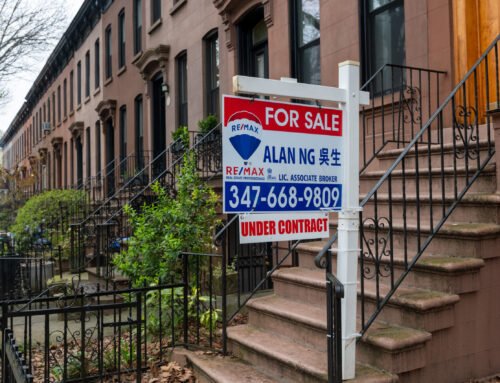
Transportation is a priority business in Boulder. It’s tied to the city’s goal of reducing congestion, traffic crashes, and helping promote sustainable living, but finding money to achieve those goals is hard.
The Boulder Chamber held a policy roundtable Thursday to discuss funding for Boulder’s transportation networks, and the issue of micro-mobility, particularly related to electronic scooters . The city recently imposed a temporary moratorium on issuing business licenses to commercial e-scooter companies until Feb. 4.
Funding for transportation needs, as well as that of public school education and higher education is critical for Colorado communities, said state Rep. Jonathan Singer, D-Longmont. That’s why a group of bipartisan legislators put together House Bill 1257 (also known as Proposition CC) that seeks voter approval in November to allow the state to retain excess revenue it is required to refund under the Taxpayer Bill of Rights to provide funding for public schools, higher education and transportation projects, he said.
Chris Hagelin, Boulder’s senior transportation planner, said the city’s transportation projects are dependent on sales tax as federal transportation dollars, which fluctuate. “Sales tax is not keeping up with inflation,” he said.
The increase in material and labor costs is forcing the city to defer maintenance, and spend more money on maintenance than on enhancing crucial transportation goals, Hagelin said. That calls for adding new sources of revenue, both locally and regionally, he said.
The community needs to discuss what’s viable in term of potential revenue sources, including a transportation utility fee and congestion pricing, Hagelin said. He also highlighted the need to consider a curbside management fee (for the use of public right of way) given the popularity of the “delivery economy.”
David Kemp, also a senior transportation planner for Boulder, spoke of the need to address safety needs, issues of right of way, and environmental concerns connected with e-scooters — particularly use of lithium ion batteries and the relatively short lifespan of e-scooters that can cause disposal issues.
“We are not opposed to the idea. We want to do it right. We are looking at robust regulations to get the very best product,” Kemp said.
Arthur Ortegon, senior manager, government partnerships for Bird, a dockless electric scooter rental company, focused on shared e-scooters potential to reduce car trips. Bird is committed to safety and educating users about local regulations, he said. Research has shown scooters are about as safe as bikes and replacing car trips with more scooter trips can help reduce the most serious crashes, he said.






Leave A Comment